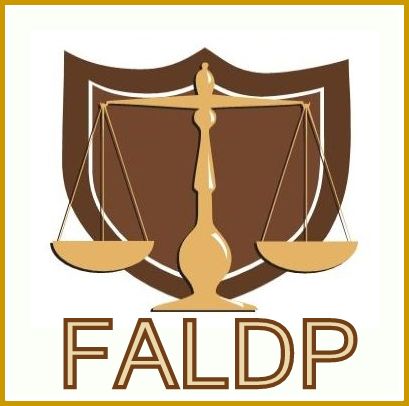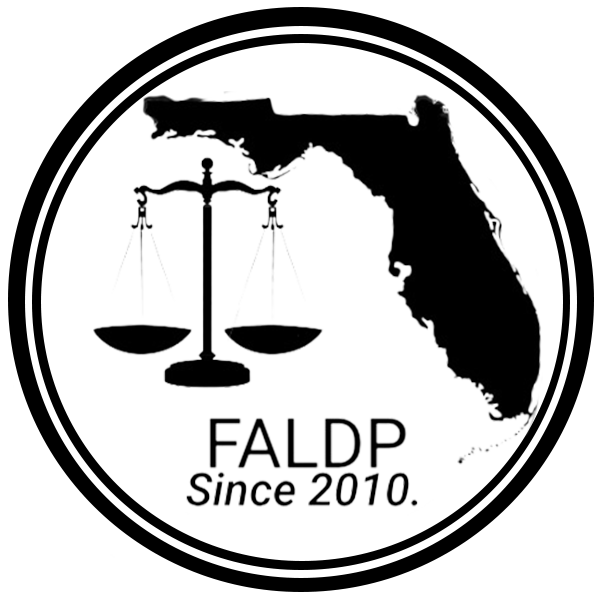800-515-0496
small probate in florida

Many consumers don't realize that a family member or other interested person is allowed to settle a small probate estate in Florida. It is a myth that an attorney must be involved in every estate. An estate can be settled without an attorney, If an estate qualifies for the Summary Administration of Estate process; or is even smaller and qualifies for Disposition of Personal Property without Administration.
Summary Administration of Estate
A family member, interested party, heir or beneficiary may be able to file the small probate documents for Summary Administration of Estate pro se. In general, Summary Administration of Estate is appropriate if the value of the estate is less than $75,000. excluding the value of exempt assets such as homestead real property and personal property. If a home is designated as the decedent's Florida homestead, the value of the property is exempt, but the real property still needs to go through probate in order to transfer it from the decedent's estate to the name of a beneficiary or heir.
Florida is still one of the preferred states for retirees, and It is common for someone to pass away owning property in Florida, such as personal property, bank accounts, a home or timeshare. Their primary estate may have already been settled in their home state, but the family then discovers that in order to sell or use the property in Florida they must go through probate in Florida. In our current real estate market some second or retirement homes are valued under $75,000.
Is there a will; and is the will self-proved?
If the decedent left a proper will or if there is no will but there is a surviving spouse, the paperwork is fairly straightforward. It is important to determine early on whether the will, if there is a will, was properly made – is self-proving. In Florida there is a separate document that is required, and nowadays is usually created at the same time as was the will, called a Self-Proving Affidavit. This affidavit is usually attached to the will at the time of signing and they are kept together until needed. The Self-Proving Affidavit verifies the validity of the will, and the identity of the witnesses.
Intestate Succession
If the decedent failed to make a valid Last Will and Testament, then his or her property will pass under the laws of intestacy to the decedent's heirs. But which state law will govern? If the property isn't real estate, then the intestacy laws of the state where the decedent lived at the time of death will govern. On the other hand, if the property is real estate, then the intestacy laws of the state where the real estate is located will govern even if these laws are different from the laws of the state where the decedent lived.
Who Inherits?
If your spouse or parent dies without a Will, Florida law determines who will inherit his or her property. These laws, called intestacy laws, are essentially state-written Wills that determine who gets the decedent's property. The word "intestate" describes a person who dies without a will. A person who dies with a Will is said to die "testate."
Generally, in intestate succession, property goes to close family members, starting with a surviving spouse and children, and then gradually widening out to parents, siblings, nieces and nephews, grandparents and their legal descendants, and more distant relatives after that. If absolutely no relatives can be found, then a decedent's property goes to the state.
Tenants in Common
Property held by tenants in common requires probate, and when a co-owner dies intestate, this can complicate the transfer of title. When property is held by tenants in common, they can each own an interest in the property. One might own half, and two others might own one-quarter of the property each. Regardless of ownership percentage, all tenants in common have a right to use the whole property. Every tenant has the right to transfer or sell his portion. When a co-owner dies intestate, it can create the question of which heir receives the decedent’s share of the property. For example, if the decedent was married, but had no children and his parents are no longer living, his spouse receives the entirety of his state, including his portion of the property. However, if he also left children or living parents, passage of his estate occurs to all these individuals in percentages. This might result in several people jointly owning the decedent's share in the property. More often, one heir might take the decedent's interest in the property, with other heirs receiving other assets, the value of which reflects the percentage of property they are entitled to inherit.
We NEVER share your information with anyone other than one of our members who contacts you upon your request.
To the decedent's heirs at law - If the decedent failed to make a valid Last Will and Testament, then his or her portion of the tenant in common property will pass under the laws of intestacy to the decedent's heirs at law. But which state law will govern? If the tenant in common property isn't real estate, then the intestacy laws of the state where the decedent lived at the time of death will govern. On the other hand, if the tenant in common property is real estate, then the intestacy laws of the state where the real estate is located will govern even if these laws are different from the laws of the state where the decedent lived.
A surviving spouse of the decedent receives the entire estate if the decedent has no surviving lineal descendants (children, grandchildren, great-grandchildren, etc).
A surviving spouse of the decedent will also receive the entire estate if the decedent had descendants that are also descendants of the surviving spouse and neither the decedent nor the surviving spouse had any other children.
Intestate Succession - Spouse
- In Florida, the succession laws enable the spouse to receive 100 percent of the estate, if the deceased did not leave any children. If the decedents have children, the spouse receives the first $60,000 of the fair market value of the assets, in addition to half of the remaining intestate estate. When the deceased leaves heirs who are not children, grandchildren or other lineal descendants of the surviving spouse, they receive half of the intestate estate.
- Survived by siblings or descendants of siblings and no parents - In this case the deceased person's siblings and the descendants of deceased siblings (nieces and nephews) will inherit 100% of the probate estate, per stirpes.
Petition: Florida Statute 735.203
(1) A petition for summary administration may be filed by any beneficiary or person nominated as personal representative in the decedent’s will offered for probate. The petition must be signed and verified by the surviving spouse, if any, and any beneficiaries except that the joinder in a petition for summary administration is not required of a beneficiary who will receive a full distributive share under the proposed distribution. However, formal notice of the petition must be served on a beneficiary not joining in the petition.
Despite the plain language of the above statute some clerks of court and even some judges are adamant that a Petition for Summary Administration of Estate must be signed and filed by an attorney. As far as we know, Highlands County and Washington County refuse to allow pro se litigants to file summary administration of estate. There may be other counties with this stance, but we are not aware of them. Please let us know if your documents are refused in any county.
Disposition of Personal Property without Administration
Disposition of Personal Property without Administration is available to reimburse family members for their out of pocket expenses, such as funeral expenses, related to the death of their relative. The ceiling on the amount for Disposition of Personal Property without Administration seems to vary somewhat by county, and is generally around $6,000 - $12,000. These estate assets must be liquid assets - if the decedent left real estate, Disposition of Personal Property without Administration cannot be used.
To use this process, the value of the estate
may not exceed the total of funeral expenses; the amount
of all reasonable and necessary medical and hospital expenses incurred
in the last 60 days of the decedent’s final illness; and the value of exempt personal property.
735.301 Disposition without administration.—
(1) No administration shall be required or formal proceedings instituted upon the estate of a decedent leaving only personal property exempt under the provisions of s. 732.402, personal property exempt from the claims of creditors under the Constitution of Florida, and nonexempt personal property the value of which does not exceed the sum of the amount of preferred funeral expenses and reasonable and necessary medical and hospital expenses of the last 60 days of the last illness.
(2) Upon informal application by affidavit, letter, or otherwise by any interested party, and if the court is satisfied that subsection (1) is applicable, the court, by letter or other writing under the seal of the court, may authorize the payment, transfer, or disposition of the personal property, tangible or intangible, belonging to the decedent to those persons entitled.
(3) Any person, firm, or corporation paying, delivering, or transferring property under the authorization shall be forever discharged from liability thereon.
For document preparation assistance for Summary Administration, please submit the form on this page. Or call: 800-515-0496.
Copyright 2010-2023 ~ All rights reserved.
